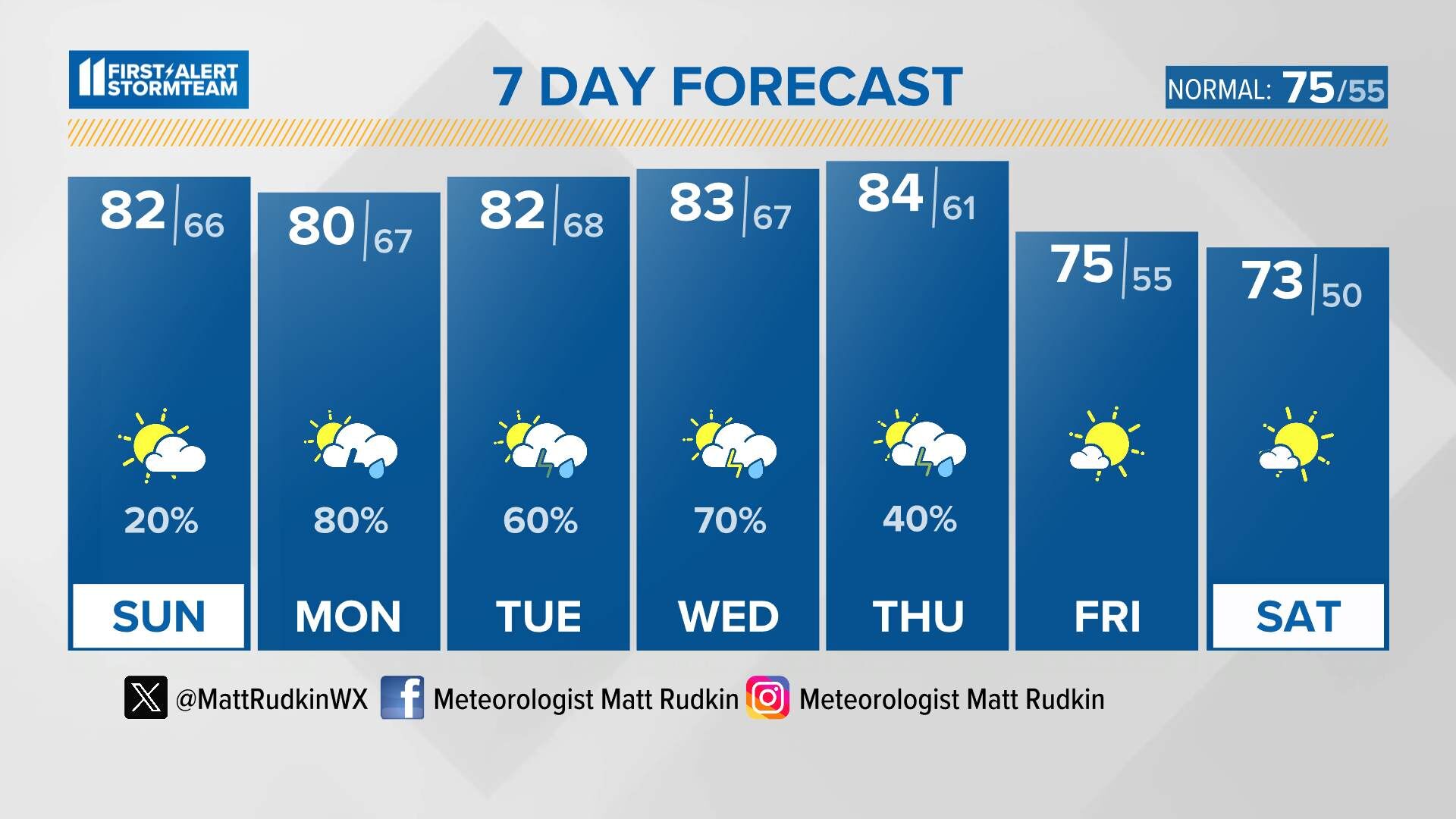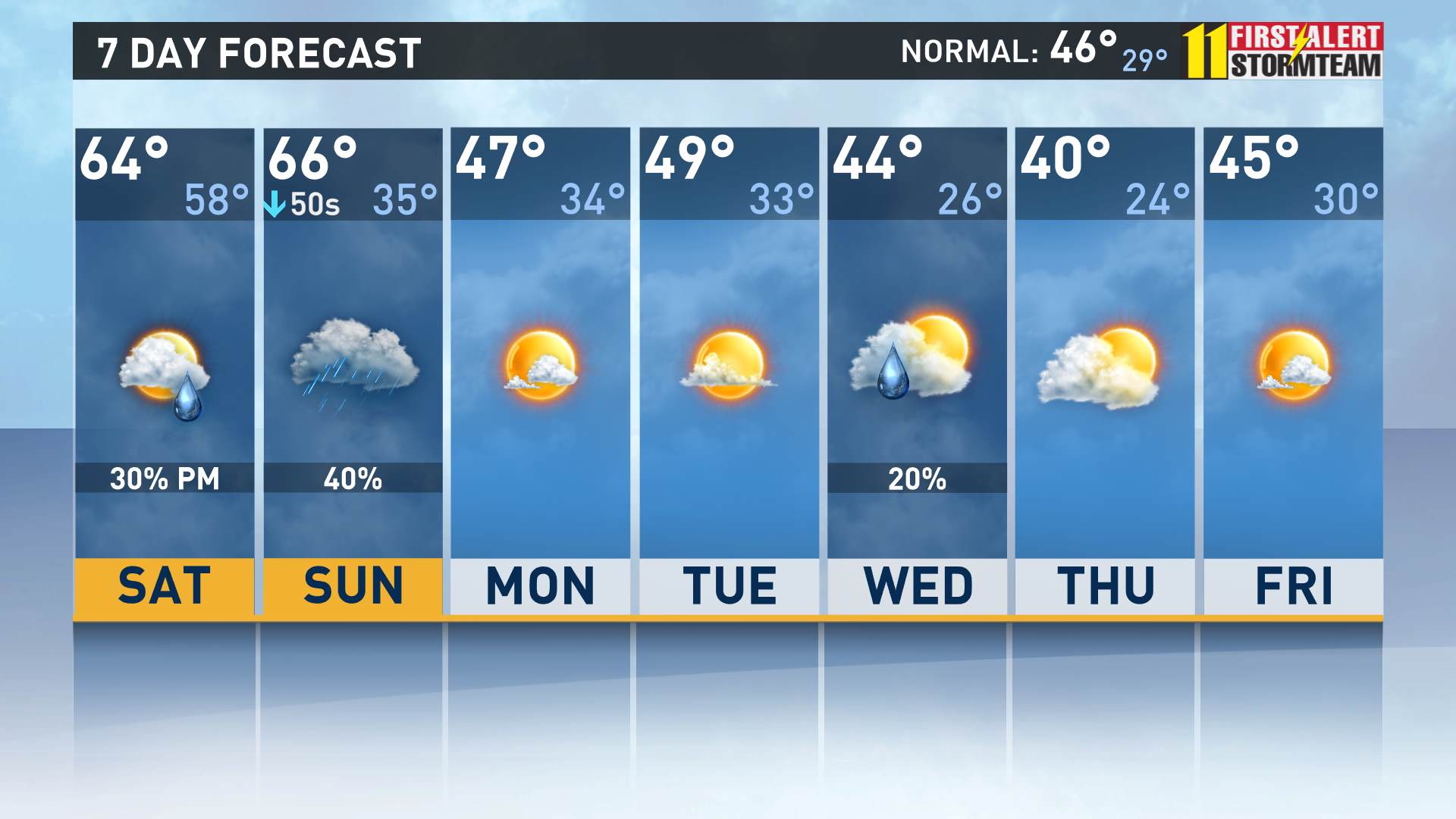Historical Weather Events in Louisville, Kentucky

Weather louisville ky – Louisville, Kentucky, has experienced several notable weather events throughout its history, ranging from severe storms to extreme temperatures. These events have left a lasting impact on the city, shaping its infrastructure, economy, and community.
The Great Flood of 1937
One of the most significant weather events in Louisville’s history was the Great Flood of 1937. Caused by heavy rainfall over several days, the Ohio River swelled to unprecedented levels, inundating much of the city. The floodwaters reached a peak of 70.1 feet, leaving thousands of homes and businesses underwater.
The Great Flood had a devastating impact on Louisville, causing widespread damage and displacing over 100,000 residents. It also led to the construction of a massive floodwall system to protect the city from future flooding.
The Ice Storm of 2009, Weather louisville ky
In January 2009, Louisville was hit by a severe ice storm that caused widespread power outages and damage to infrastructure. The storm coated trees and power lines with a thick layer of ice, resulting in downed trees and power lines throughout the city.
The Ice Storm of 2009 left over 200,000 people without power for several days. It also caused significant damage to trees, with many having to be removed due to the weight of the ice.
The Tornado Outbreak of 2011
On April 7, 2011, a series of tornadoes swept through Louisville and the surrounding area, causing widespread damage and loss of life. The most destructive tornado, an EF4, struck the city’s west end, killing 22 people and injuring over 100.
The Tornado Outbreak of 2011 was one of the deadliest tornado outbreaks in Louisville’s history. It highlighted the importance of tornado preparedness and the need for early warning systems.
Lessons Learned
The historical weather events that have impacted Louisville have taught the city valuable lessons about the importance of preparedness and resilience. The city has implemented a number of measures to mitigate the effects of future weather events, including:
- Constructing a floodwall system to protect against flooding
- Developing an early warning system for tornadoes
- Investing in infrastructure that can withstand extreme weather
- Educating the public about weather safety
By learning from the past, Louisville is better prepared to face future weather challenges and ensure the safety of its residents.
Climate Change Impacts on Louisville, Kentucky: Weather Louisville Ky

Climate change is projected to have significant impacts on Louisville, Kentucky, in the coming decades. These impacts include changes in temperature, precipitation, and extreme weather events.
Projected Changes in Temperature
Temperatures in Louisville are projected to increase by 2-4 degrees Fahrenheit by the middle of the century and by 4-8 degrees Fahrenheit by the end of the century. These increases in temperature will lead to more hot days and nights, as well as an increase in the number of heat waves.
Projected Changes in Precipitation
Precipitation patterns in Louisville are also projected to change in the coming decades. Total annual precipitation is projected to increase by 5-10% by the middle of the century and by 10-20% by the end of the century. However, this increase in precipitation is likely to be unevenly distributed, with more intense rainfall events and longer dry spells.
Projected Changes in Extreme Weather Events
Extreme weather events, such as heat waves, droughts, and floods, are also projected to become more frequent and intense in Louisville. Heat waves are likely to become more common and last longer, while droughts are likely to become more severe and longer-lasting. Flooding is also likely to become more frequent and severe, as heavier rainfall events are expected to lead to more runoff and flooding.
Adaptation and Mitigation Strategies
In order to adapt to the impacts of climate change, Louisville will need to implement a variety of adaptation and mitigation strategies. These strategies include:
- Improving infrastructure to withstand extreme weather events
- Developing early warning systems for extreme weather events
- Educating the public about the risks of climate change
- Promoting sustainable practices
By implementing these strategies, Louisville can help to reduce the risks of climate change and protect its residents and businesses from the impacts of this global phenomenon.